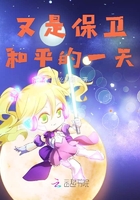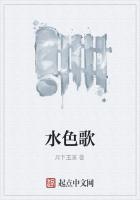THE verses of Emily Dickinson belong emphatically to what Emerson long since called "the Poetry of the Portfolio,"--something produced absolutely without the thought of publication, and solely by way of expression of the writer's own mind. Such verse must inevitably forfeit whatever advantage lies in the discipline of public criticism and the enforced conformity to accepted ways. On the other hand, it may often gain something through the habit of ******* and the unconventional utterance of daring thoughts. In the case of the present author, there was absolutely no choice in the matter; she must write thus, or not at all. A recluse by temperament and habit, literally spending years without setting her foot beyond the doorstep, and many more years during which her walks were strictly limited to her father's grounds, she habitually concealed her mind, like her person, from all but a very few friends; and it was with great difficulty that she was persuaded to print, during her lifetime, three or four poems. Yet she wrote verses in great abundance; and though brought curiously indifferent to all conventional rules, had yet a rigorous literary standard of her own, and often altered a word many times to suit an ear which had its own tenacious fastidiousness.
Miss Dickinson was born in Amherst, Mass., Dec. 10, 1830, and died there May 15, 1886. Her father, Hon. Edward Dickinson, was the leading lawyer of Amherst, and was treasurer of the well-known college there situated. It was his custom once a year to hold a large reception at his house, attended by all the families connected with the institution and by the leading people of the town. On these occasions his daughter Emily emerged from her wonted retirement and did her part as gracious hostess; nor would any one have known from her manner, I have been told, that this was not a daily occurrence.
The annual occasion once past, she withdrew again into her seclusion, and except for a very few friends was as invisible to the world as if she had dwelt in a nunnery. For myself, although I had corresponded with her for many years, I saw her but twice face to face, and brought away the impression of something as unique and remote as Undine or Mignon or Thekla.
This selection from her poems is published to meet the desire of her personal friends, and especially of her surviving sister. It is believed that the thoughtful reader will find in these pages a quality more suggestive of the poetry of William Blake than of anything to be elsewhere found,--flashes of wholly original and profound insight into nature and life; words and phrases exhibiting an extraordinary vividness of descriptive and imaginative power, yet often set in a seemingly whimsical or even rugged frame. They are here published as they were written, with very few and superficial changes; although it is fair to say that the titles have been assigned, almost invariably, by the editors. In many cases these verses will seem to the reader like poetry torn up by the roots, with rain and dew and earth still clinging to them, giving a freshness and a fragrance not otherwise to be conveyed. In other cases, as in the few poems of shipwreck or of mental conflict, we can only wonder at the gift of vivid imagination by which this recluse woman can delineate, by a few touches, the very crises of physical or mental struggle. And sometimes again we catch glimpses of a lyric strain, sustained perhaps but for a line or two at a time, and ****** the reader regret its sudden cessation. But the main quality of these poems is that of extraordinary grasp and insight, uttered with an uneven vigor sometimes exasperating, seemingly wayward, but really unsought and inevitable. After all, when a thought takes one's breath away, a lesson on grammar seems an impertinence. As Ruskin wrote in his earlier and better days, "No weight nor mass nor beauty of execution can outweigh one grain or fragment of thought."---Thomas Wentworth Higginson This is my letter to the world, That never wrote to me, --The ****** news that Nature told, With tender majesty.
Her message is committed To hands I cannot see;For love of her, sweet countrymen, Judge tenderly of me!

![慈氏菩萨所说大乘缘生稻[卄幹]喻经](https://i.dudushu.com/images/book/2019/09/29/061433000.jpg)

